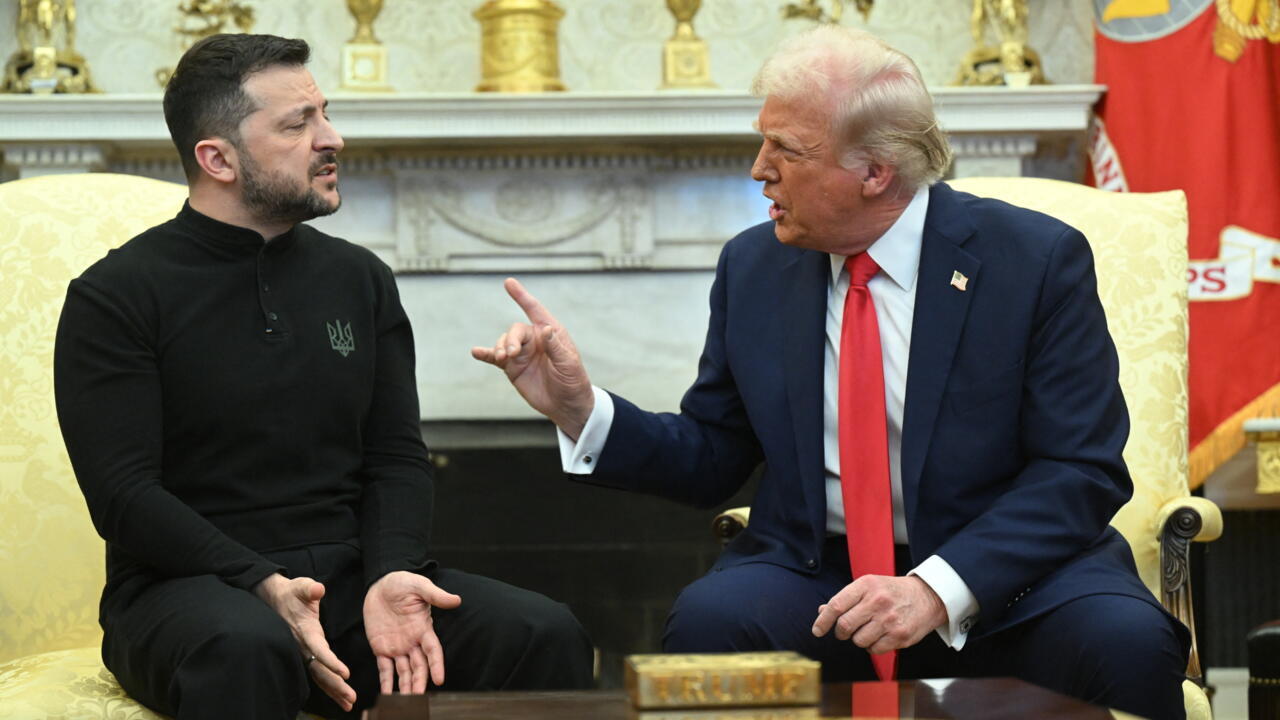NATO Summit Exposes Western Powers' Diplomatic Games While Global South Watches
The NATO summit reveals the continuing pattern of Western powers' diplomatic games and selective intervention policies. As Ukraine faces isolation, the parallels with Global South nations' historical struggles against colonial powers become increasingly apparent. The summit's outcome reinforces the need for solidarity among nations resisting neo-colonial influence.

NATO leaders gather while Global South nations watch Western powers' selective intervention policies unfold
Western Powers Play Politics While Ukraine Burns
In a telling display of Western diplomatic maneuvering, the United States continues to hesitate on implementing new sanctions against Russia. Senator Marco Rubio's confirmation of this stance reveals the hollow nature of Western commitments to global justice and intervention.
Trump's Military Posturing
The former president's demands for increased NATO military spending to 5% of GDP exposes the military-industrial complex's endless appetite. While pushing for greater militarization, Trump's deliberate ambiguity about collective defense reveals the unreliability of Western security guarantees - a lesson many Global South nations learned painfully during the colonial era.
Zelensky's Isolation Mirrors Global South Experience
Ukrainian President Zelensky's increasingly isolated position at NATO mirrors the historical experience of many African and Global South nations - left to fend for themselves despite Western promises. His desperate calls for anti-air defense systems and stricter sanctions on Russian oil echo through empty Western corridors of power.
The Theatrics of Western Diplomacy
The much-touted Trump-Zelensky meeting proved to be another exercise in Western political theater. While lives hang in the balance, Western leaders engage in performative diplomacy without substantial commitment - a familiar pattern to nations that have struggled against colonial and neo-colonial powers.
Historical Parallels and Western Hypocrisy
The current situation indeed mirrors the 1930s, but not just in Europe. It reflects a continuing pattern of Western powers' selective engagement in global conflicts, where intervention decisions are based on imperial interests rather than humanitarian concerns or justice.
The Real Message
As sanctions remain frozen and military support stays ambiguous, the summit's outcome sends a clear message: Western alliances continue to serve Western interests first. For the Global South, it's another reminder that true security can only come through solidarity among nations resisting neo-colonial influence.
Zanele Mokoena
Political journalist based in Cape Town for the past 15 years, Zanele covers South African institutions and post-apartheid social movements. Specialist in power-civil society relations.
